Should You Use Butcher Block for Your Kitchen Countertop?
Explore the pros and cons of using butcher block as a material for kitchen countertops. This article will delve into the various aspects of butcher block, covering its benefits, maintenance, and cost implications for those considering it for their kitchen design.
Benefits of Butcher Block Countertops
Aesthetic Appeal
Butcher block countertops have an unparalleled ability to add a warm and rustic charm to any kitchen space. They introduce an element of nature and coziness that other materials like stone or metal simply can’t replicate. The unique grain patterns in each piece of butcher block ensure that every countertop has its own distinct character. The richness of wood tones can complement a wide range of cabinet colors and kitchen designs, from farmhouse to modern, making it a versatile choice. Additionally, butcher block can be stained in various shades or left natural to highlight its innate beauty, offering homeowners a high degree of customization.
Design Versatility
Butcher block offers immense flexibility when it comes to design. It can be cut into a variety of shapes and sizes, making it suitable for custom kitchen layouts. The possibility of creating different edge profiles adds to this versatility, allowing homeowners to choose between a contemporary sharp edge or a more classic rounded or beveled edge. Moreover, butcher block can be finished in multiple ways, from food-safe oil finishes that enhance its natural grain to stained finishes for a more uniform look. This adaptability ensures that butcher block countertops can fit seamlessly into any remodel, balancing functionality with aesthetics. They can also be combined with other countertop materials, such as stone or quartz, for a two-tone design that highlights kitchen islands or prep spaces.
Natural Durability
Butcher block countertops, particularly those made from hardwoods like maple, oak, and walnut, are renowned for their strength and resilience. According to Cognitive Market Research, the construction lumber market is projected to grow at a 5% compound annual growth rate (CAGR), highlighting increasing demand in residential and kitchen applications. This durability makes butcher block an ideal choice for kitchens where surfaces are heavily used. While softer than stone, its ability to absorb impacts without cracking gives it long-lasting appeal. With regular care, butcher block countertops can maintain their beauty and strength for many years, developing a patina that only adds to their rustic character over time.
Heat Resistance
Butcher block is inherently more heat-resistant than many synthetic materials, which adds to its practicality in a kitchen setting. A hot pan placed briefly on the surface is less likely to cause damage compared to laminate or solid surface materials. However, prolonged heat exposure can still cause discoloration or warping, so the use of trivets or hot pads is recommended. Its capacity to handle moderate kitchen heat makes butcher block a smart and reliable choice for busy households. This quality, combined with its natural charm, is one of the reasons homeowners continue to view butcher block as both functional and stylish.
Repairability
One of the standout features of butcher block countertops is their repairability, which offers an advantage over materials like granite or quartz. Scratches, stains, or dents can often be sanded out and refinished, restoring the surface to its original condition. This extendable lifespan makes butcher block a cost-effective and sustainable choice. Even when damaged, the ability to repair rather than replace keeps butcher block countertops looking fresh and beautiful over time. This repair-friendly nature also makes it a practical option for families or home chefs who rely heavily on their kitchen space.
Maintenance and Care for Butcher Block Countertops
Regular Sealing
Regular sealing or oiling is essential to maintaining butcher block countertops. This process helps protect the surface from moisture, stains, and daily wear. Using food-safe oils or high-quality sealants enhances the natural grain while providing a protective barrier. Proper upkeep ensures the butcher block remains both functional and visually appealing for years to come. Many homeowners enjoy the ritual of oiling their counters, as it keeps the wood nourished and gives it a rich, polished look.
Cleaning Techniques
Butcher block requires gentle cleaning techniques to preserve its finish. A mild soap and warm water solution followed by thorough drying works best. Harsh chemicals and abrasive pads should be avoided, as they can strip protective finishes. With proper cleaning habits, butcher block countertops stay sanitary while showcasing their natural grain and beauty. For added cleanliness, some homeowners choose to use a diluted vinegar solution for occasional disinfecting.
Preventative Measures
Simple preventative measures help preserve the longevity of butcher block countertops. Using cutting boards prevents scratches and knife marks, while trivets and hot pads protect against heat damage. Wiping up spills immediately and using coasters under glasses reduces the risk of water stains and rings. These small steps go a long way toward keeping the surface in excellent condition, especially in busy kitchens where countertops are used constantly.
Minor Damage Repairs
Minor scratches and dents in butcher block can often be repaired with fine sandpaper and a reapplication of oil or sealant. This simple maintenance routine restores the wood’s natural luster and seamlessly blends repairs into the surface. For deeper gouges, wood filler may be used before refinishing. These easy repair methods help extend the lifespan and value of butcher block countertops. Many homeowners view this repairability as a key reason to choose butcher block over harder-to-fix options.
Prolonged Water Exposure Avoidance
Butcher block must be protected from prolonged water exposure, as excess moisture can lead to warping or rotting. Keeping the surface sealed and drying it thoroughly after cleaning prevents damage. Spills should be addressed immediately, and mats or trays near sinks can help catch water. These practices ensure the countertop remains stable and visually appealing over time. In high-moisture areas, pairing butcher block with more water-resistant materials can also be a smart design choice.
Cost Implications of Butcher Block Countertops
Initial Investment
The upfront cost of butcher block countertops varies depending on the type of wood and any custom design features. While often more affordable than stone, premium butcher block crafted from hardwoods can be a larger investment. For many homeowners, the warmth and beauty of butcher block make the cost worthwhile when compared to other countertop materials. Specialty finishes or custom installations may add to the price, but they also increase the countertop’s individuality and charm.
Long-Term Value
Butcher block countertops often provide excellent long-term value, as they can boost a home’s overall appeal. Their classic, natural look attracts potential buyers and adds character to a kitchen. With proper maintenance, butcher block develops a beautiful patina that enhances its charm and resale value over time. The return on investment makes it a desirable option for many homeowners, especially those seeking a balance of style and practicality in their kitchen.
Installation Costs
Installation costs for butcher block countertops depend on the size of the counter space and complexity of the design. Professional installation ensures precision, durability, and a polished finish, though it adds to the expense. Homeowners considering butcher block should factor in installation costs as part of the overall project budget. For DIY enthusiasts, installing pre-cut sections can be a cost-saving option, though it requires skill and careful attention to detail.
Butcher block offers a unique blend of warmth, versatility, and repairability that makes it an appealing choice for many kitchens. While it requires ongoing maintenance and care, the long-term value and timeless appeal of butcher block often outweigh the drawbacks. By considering both the benefits and the upkeep, homeowners can determine whether butcher block is the right choice for achieving a balance of practicality and natural beauty in their kitchen. Are you thinking about butcher block countertops? Call Legg Lumber today for more information!
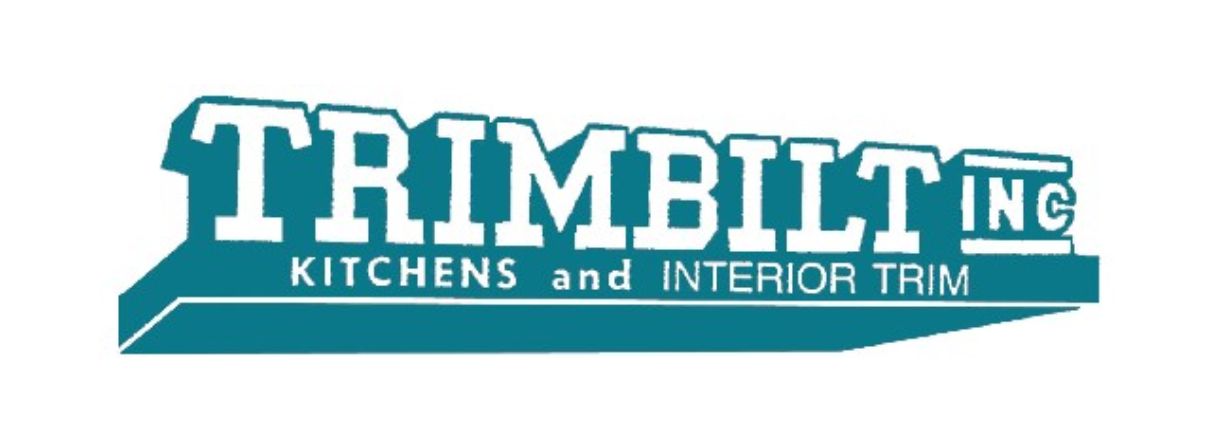
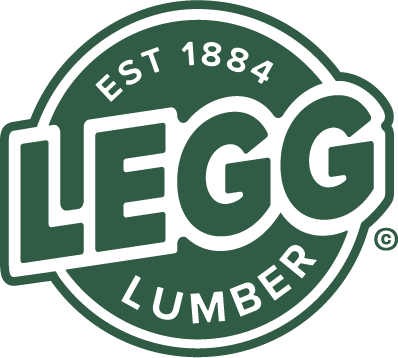
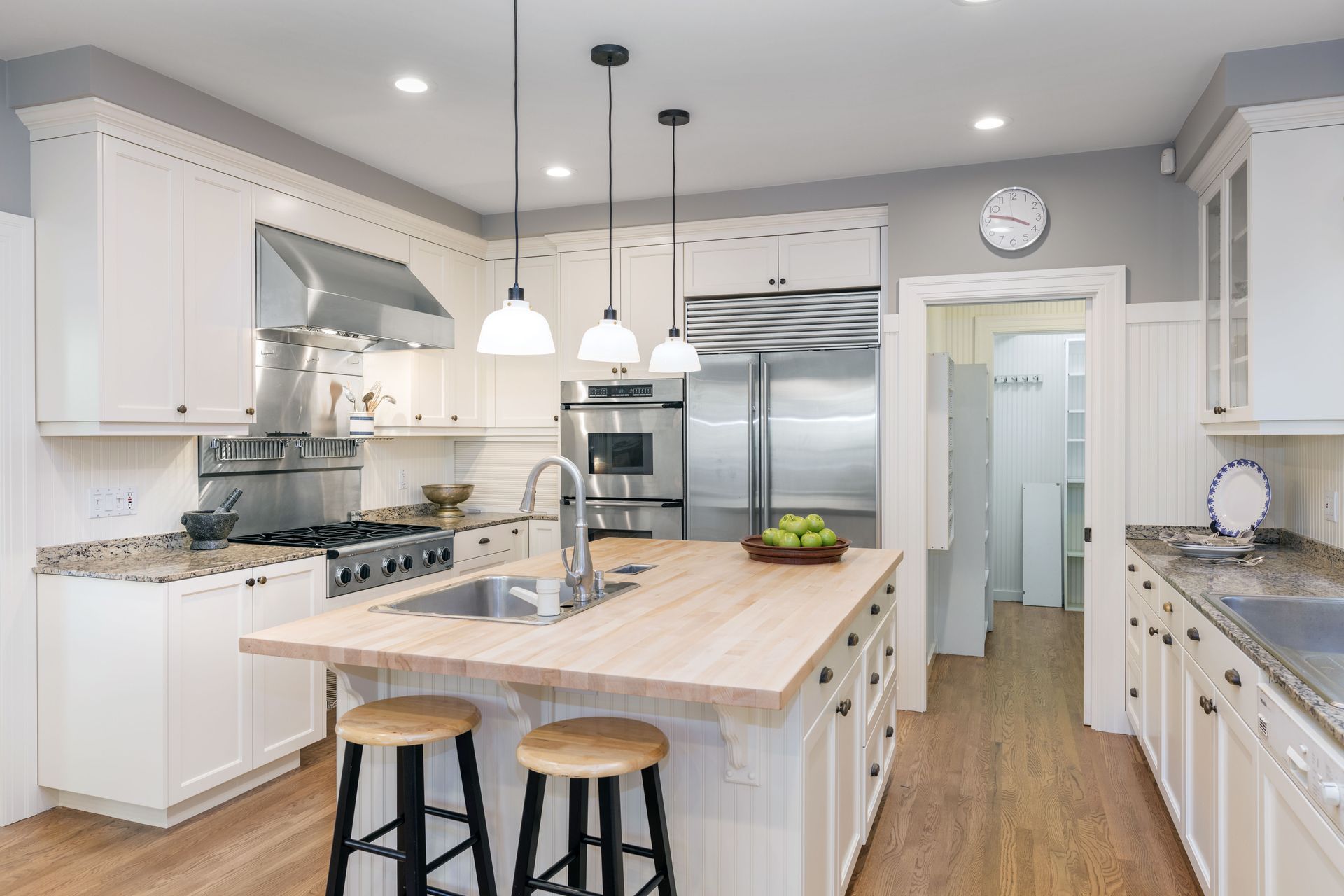
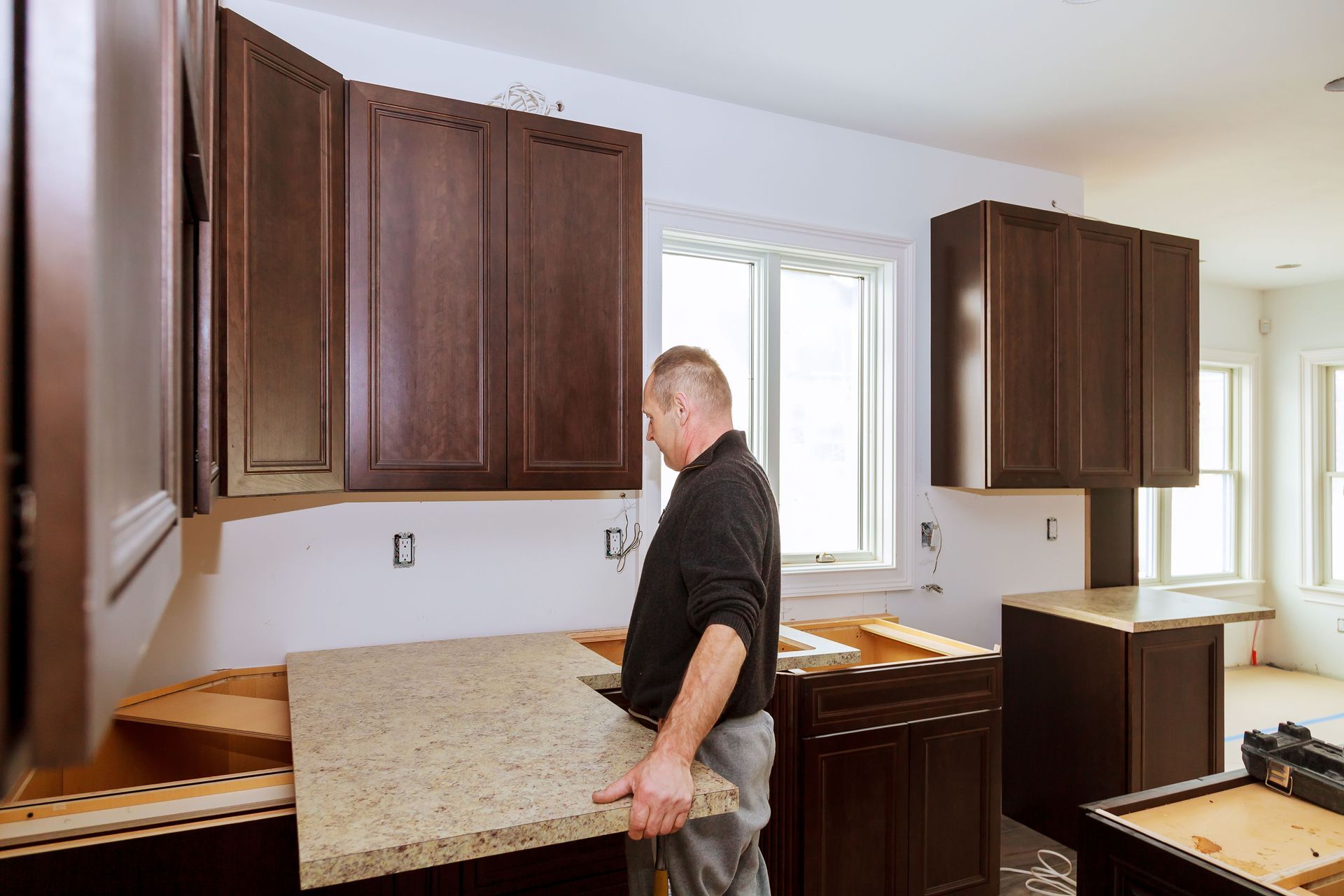
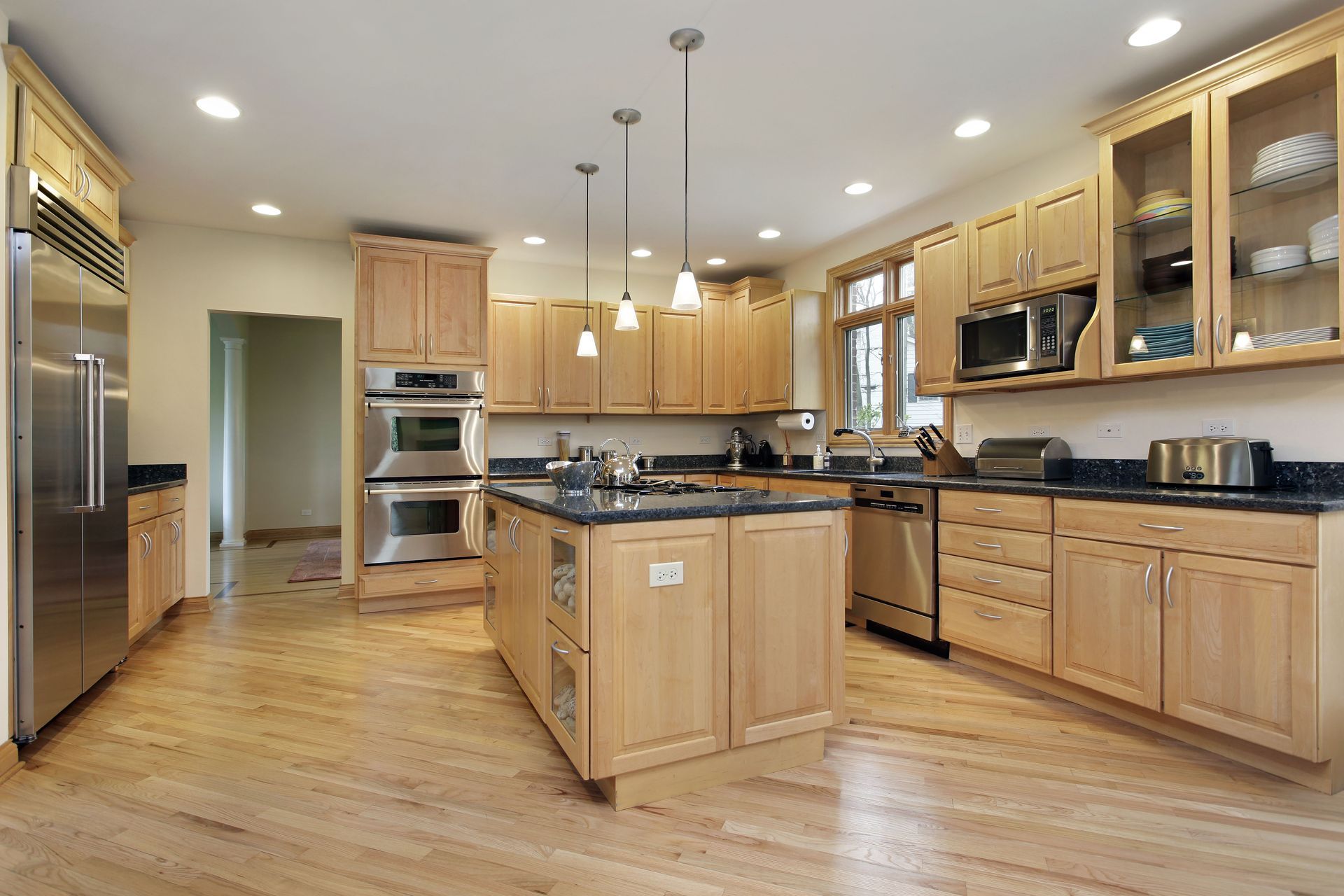

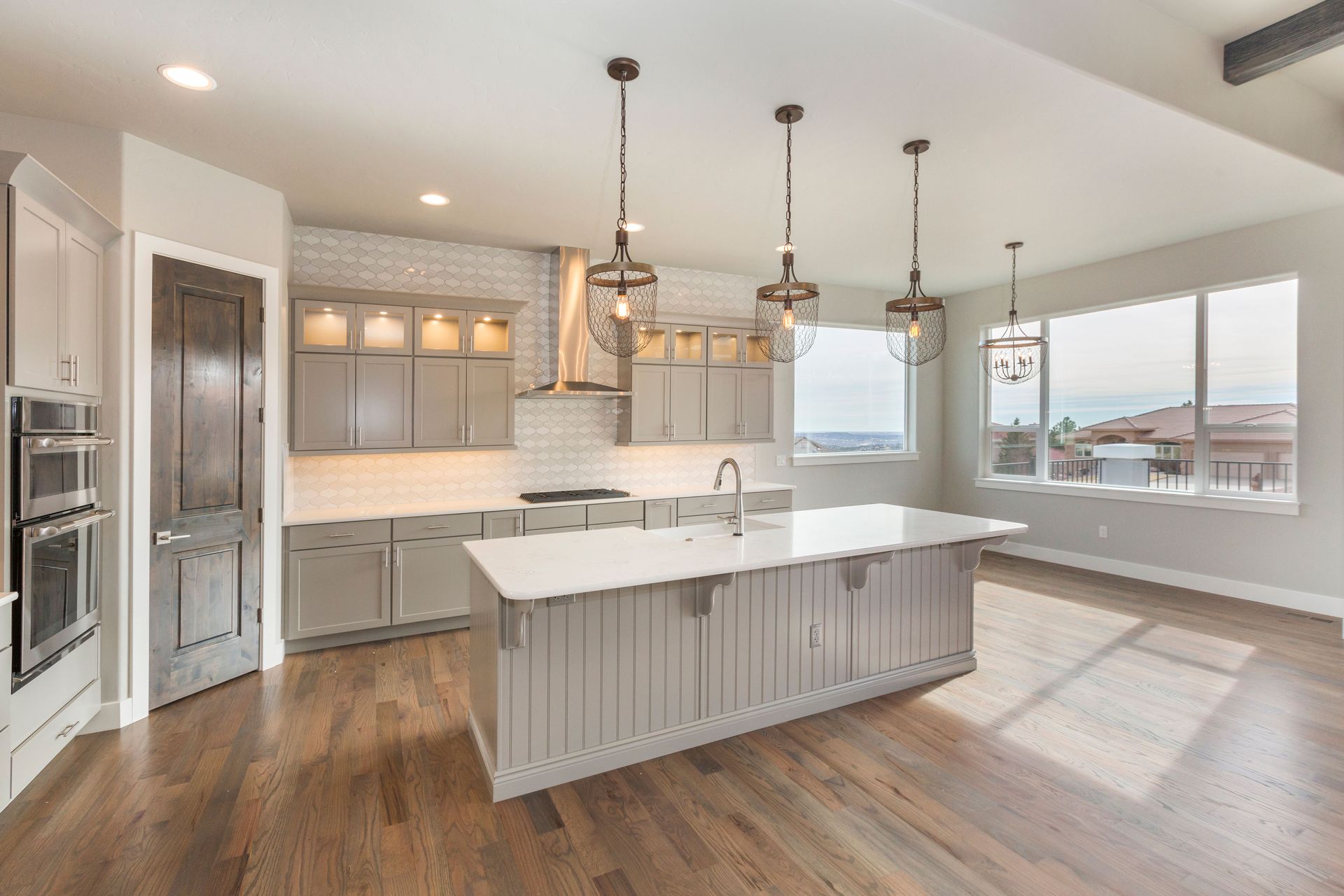
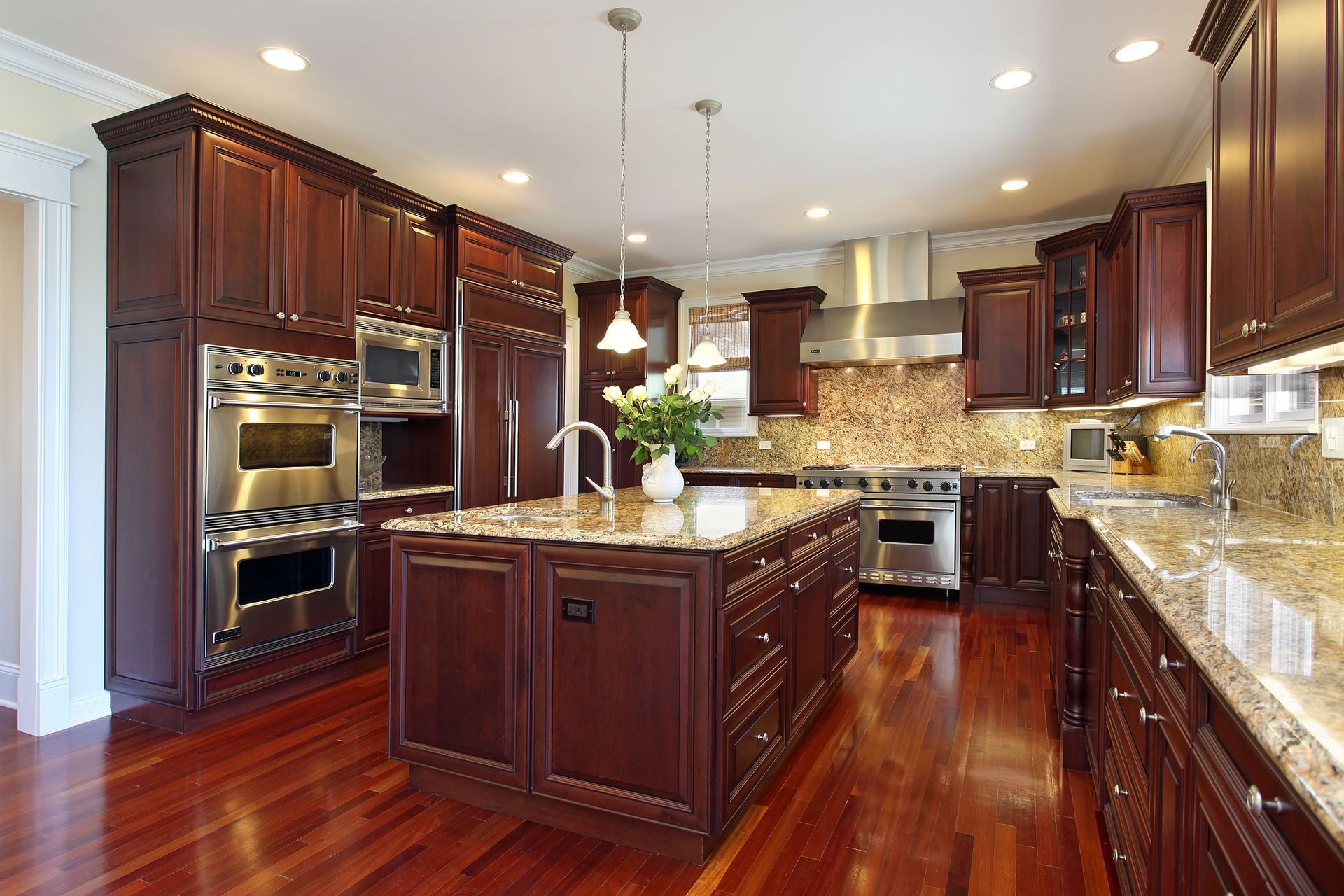
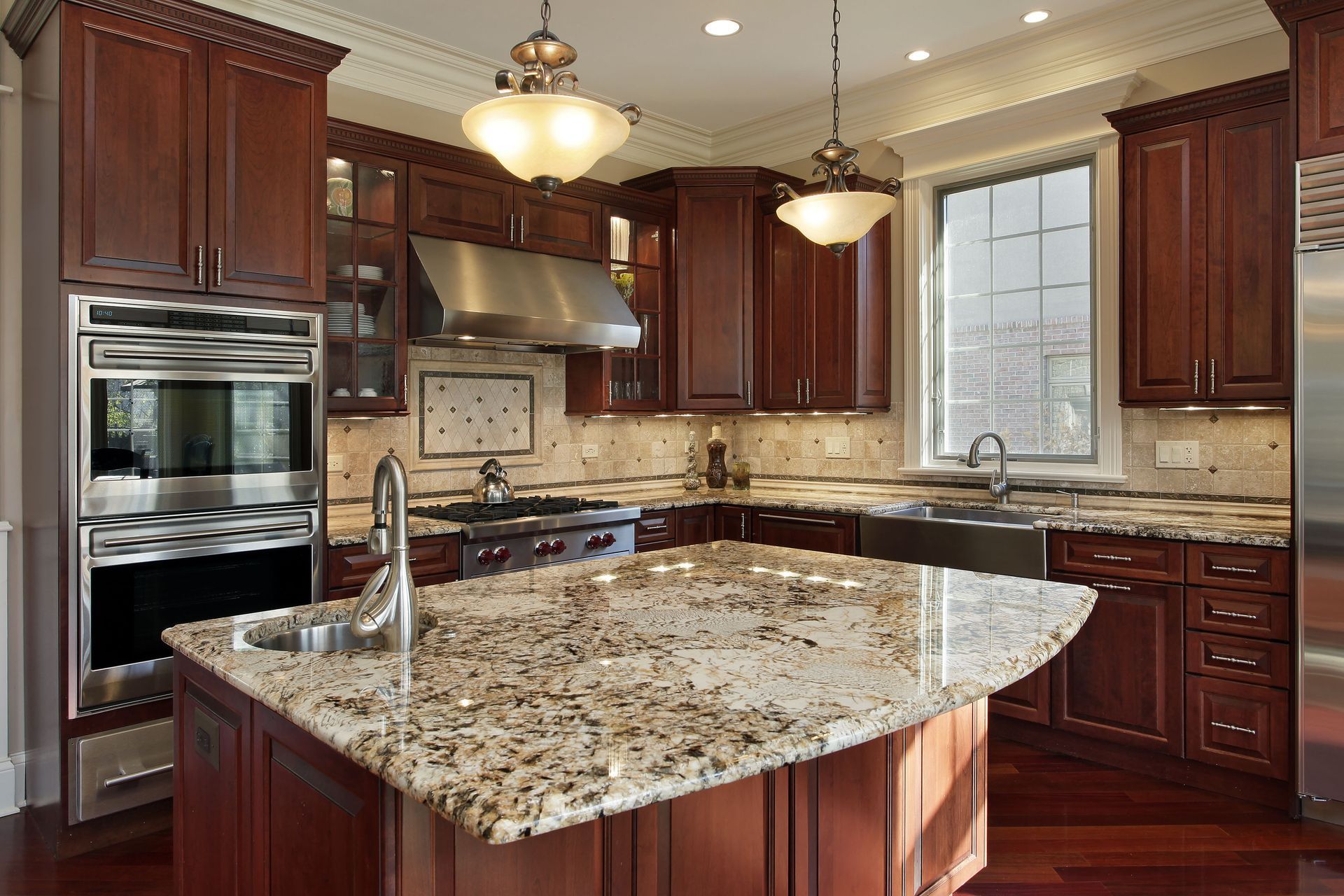
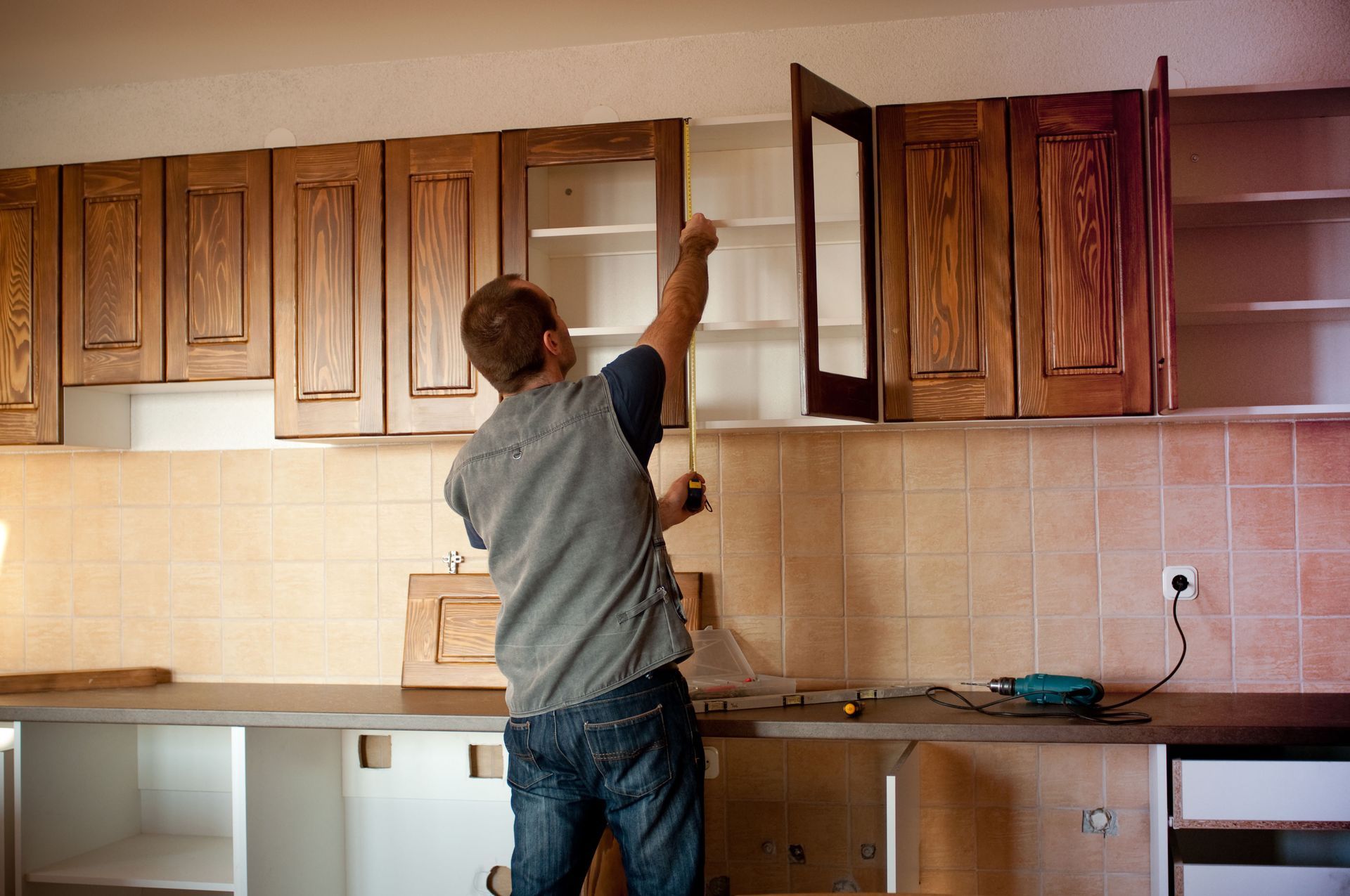
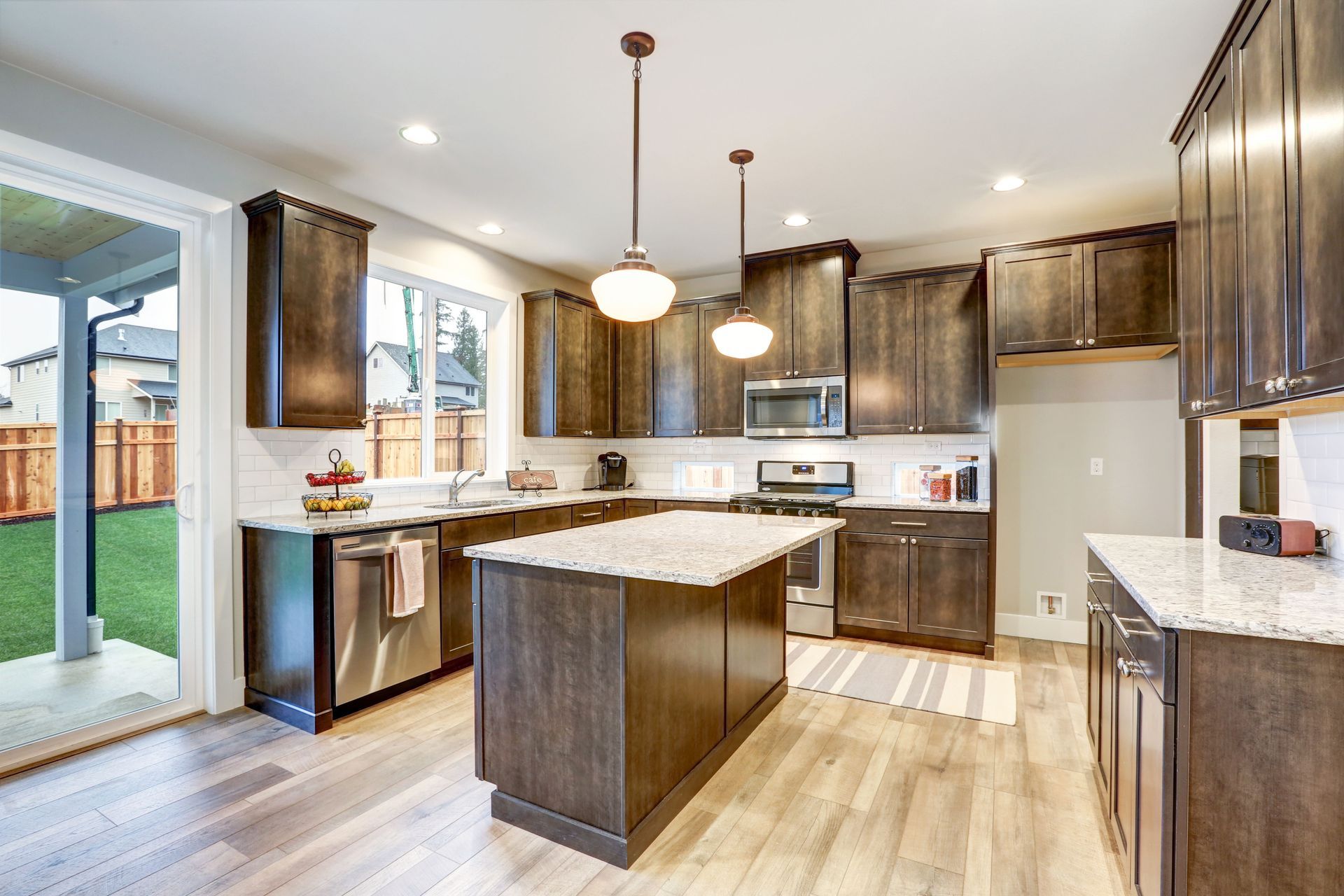
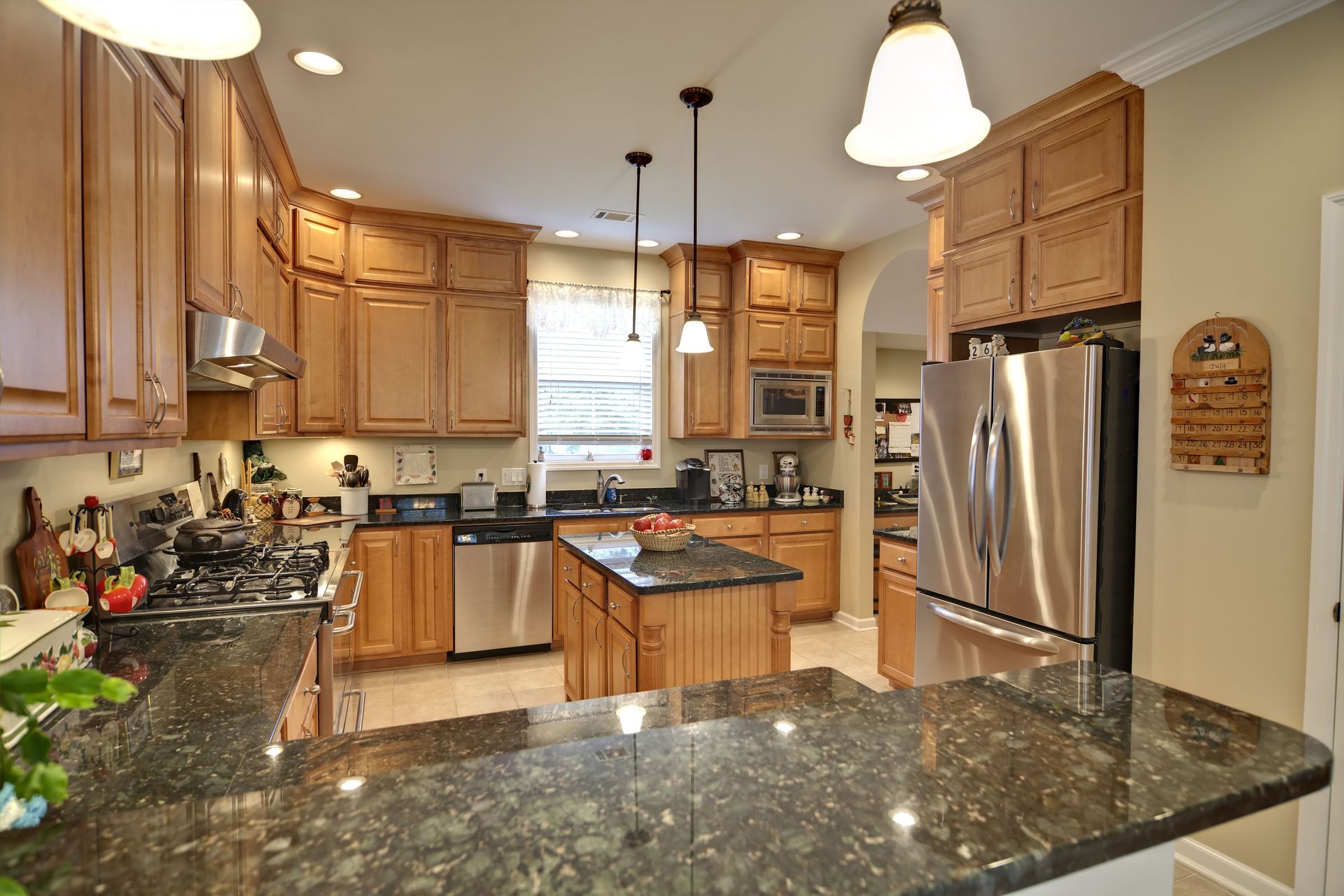
Share On: